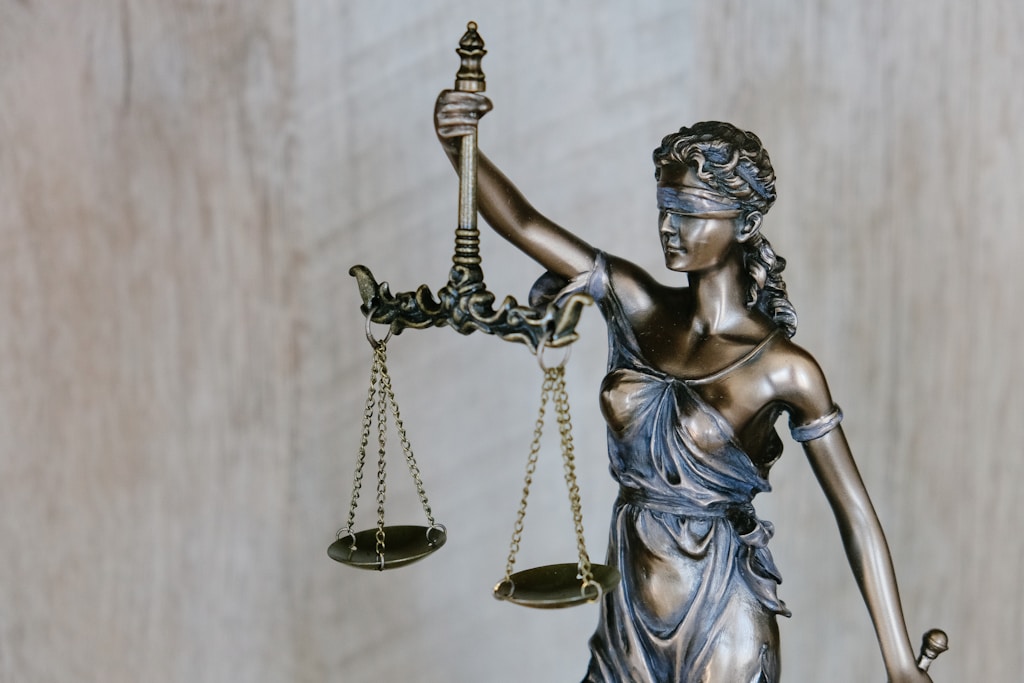Former CFTC Chairman Rostin Behnam’s urgent call for expedited crypto regulations has sparked intense debate about the future of digital asset oversight in the United States. As regulatory clarity continues to emerge in 2025, industry stakeholders are closely monitoring these developments that could reshape the crypto landscape.
Key Highlights of Behnam’s Congressional Testimony
- Warning of potential market chaos without proper oversight
- Need for balanced framework protecting investors while fostering innovation
- Emphasis on reducing systemic risk in crypto markets
- Call for expedited legislative action
Critical Implications for Crypto Markets
The push for accelerated regulatory framework development comes at a crucial time for the crypto industry. With institutional adoption rising and market capitalization reaching new heights, the need for clear rules has never been more pressing.
Expert Analysis and Market Impact
Industry experts suggest that swift regulatory action could prevent market disruptions while providing much-needed clarity for institutional investors. The proposed framework aims to address:
- Consumer protection measures
- Market manipulation prevention
- Institutional investment guidelines
- Cross-border transaction oversight
Frequently Asked Questions
What immediate changes could new regulations bring?
New regulations could introduce standardized reporting requirements, enhanced consumer protections, and clearer guidelines for crypto businesses operating in the US.
How might this affect crypto investors?
Investors could benefit from increased market stability and institutional participation, though compliance costs might impact smaller platforms.
When could new regulations take effect?
While the timeline remains uncertain, Behnam’s urgency suggests potential implementation within the next 6-12 months.
Looking Ahead
The outcome of this regulatory push could fundamentally reshape the crypto industry’s future in the United States. Market participants should closely monitor developments and prepare for potential compliance requirements.




